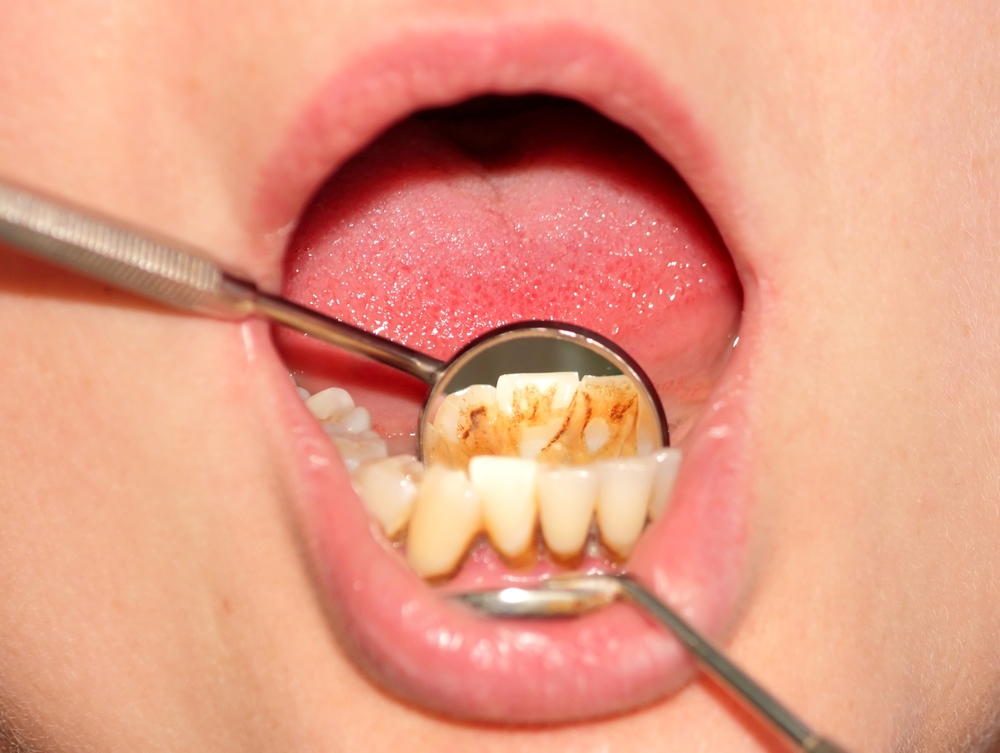Introduction
A bright, healthy smile is a universal symbol of confidence and well-being. However, maintaining good oral hygiene can be a challenge, and one common dental concern is tartar buildup. Tartar is a hardened form of dental plaque that can lead to gum disease, bad breath, and dental problems if left unattended. While regular dental check-ups and professional cleanings are essential, you can also incorporate natural remedies into your daily routine to help control tartar and maintain a sparkling smile. Now, we’ll explore some effective natural remedies for tartar control.
Natural Remedies for Tartar Control

- Proper Oral Hygiene
The main solution for tartar control is proper oral hygiene. Daily brushing and flossing help remove plaque, which is the precursor to tartar. Here are some simple tips for maintaining good oral hygiene:
- Brush your teeth at least twice a day using fluoride toothpaste.
- Use a soft-bristle toothbrush to avoid damaging your enamel or gums.
- Ensure you brush for at least two minutes, reaching all surfaces of your teeth.
- Floss daily to clean between your teeth and remove food particles that contribute to plaque.
- Oil Pulling
It is an old Ayurvedic practice that involves swishing a tablespoon of edible oil around your mouth for 15-20 minutes. This technique is believed to help remove toxins and bacteria, including those responsible for tartar buildup.
- Baking Soda
Baking soda, is a natural remedy for tartar control. Its abrasive nature can help break down tartar and prevent its accumulation. You can create a simple paste by mixing a small amount of baking soda with water and gently brushing your teeth with it a few times a week. Be cautious not to overuse baking soda, as excessive abrasion can damage tooth enamel.
- Tea Tree Oil
Tea tree oil is famous in dentistry for its antimicrobial properties, making it effective in reducing bacteria in the mouth that contribute to tartar and plaque formation. To use tea tree oil for tartar control, mix a few drops of the oil and your regular toothpaste or mouthwash. Ensure that you don’t swallow tea tree oil, as it can be toxic if ingested in large quantities.
- Chewing Sugar-Free Gum
Chewing sugar-free gum can help boost saliva production, which aids in neutralizing acid and cleansing the mouth.
- Cranberries
Cranberries have been found to contain compounds that inhibit the adhesion of bacteria to teeth, reducing plaque and tartar buildup. Consuming fresh cranberries or sugar-free cranberry products, such as juice or supplements, may support oral health.
- Vitamin C-Rich Foods
Incorporate vitamin C-rich foods like oranges, strawberries, and kiwi into your diet to support gum health.
- Clove
Clove, with its natural antibacterial and anti-inflammatory properties, can help control tartar and soothe gum irritation. Use clove oil on your gums or use it as a mouthwash by mixing a few drops with water. However, use it sparingly, as excessive use may cause irritation.
- Hydrogen Peroxide
Hydrogen peroxide is an antiseptic that will hel to limit the tartar accumulation and whiten teeth. Add a small amount of 3% hydrogen peroxide to an equal amount of water and swish it around your mouth for 30 seconds. Be cautious not to swallow the solution and rinse your mouth with plain water afterward.
Conclusion
While natural remedies can play a supportive role in tartar control, they should complement, not replace, regular dental check-ups and professional cleanings. Be mindful of potential side effects and allergic reactions and consult with your dentist before introducing any new remedies into your oral care routine. Remember that a holistic approach to oral hygiene, including a balanced diet, proper oral hygiene practices, and these natural remedies, can go a long way in preventing tartar buildup and maintaining a healthy, beautiful smile.
